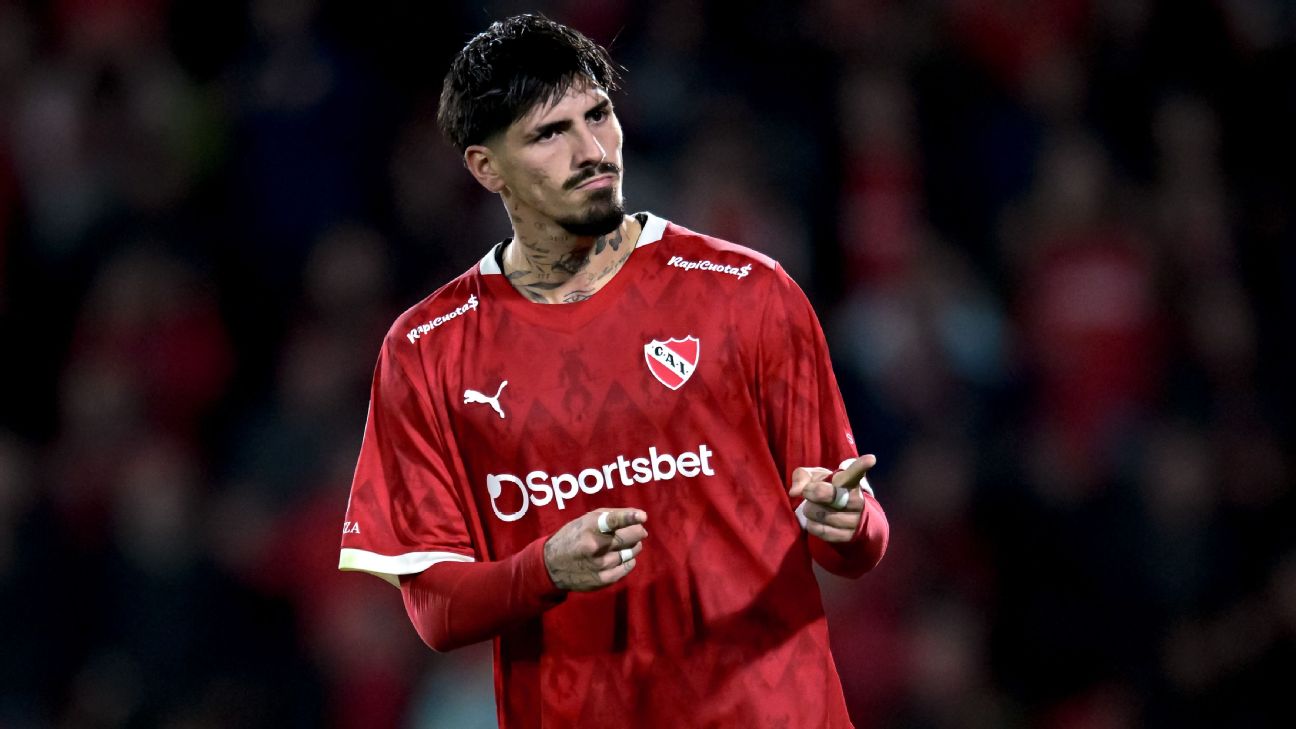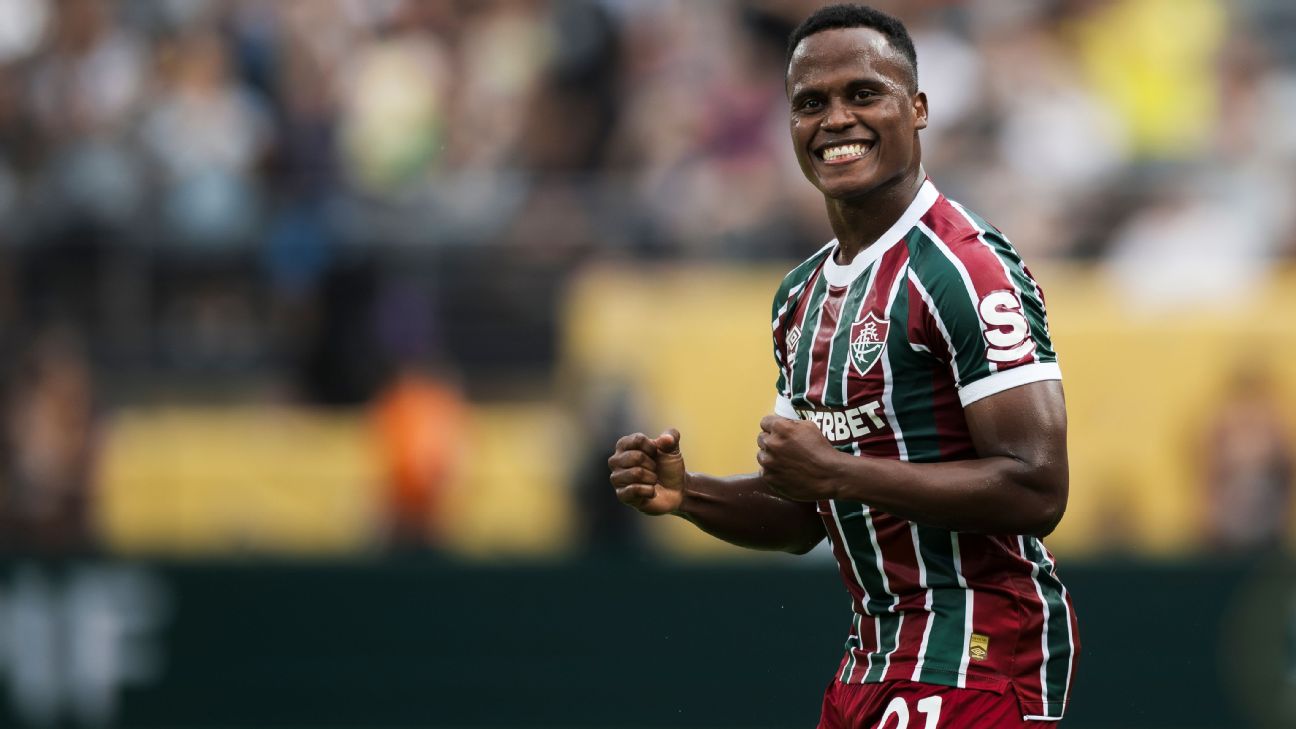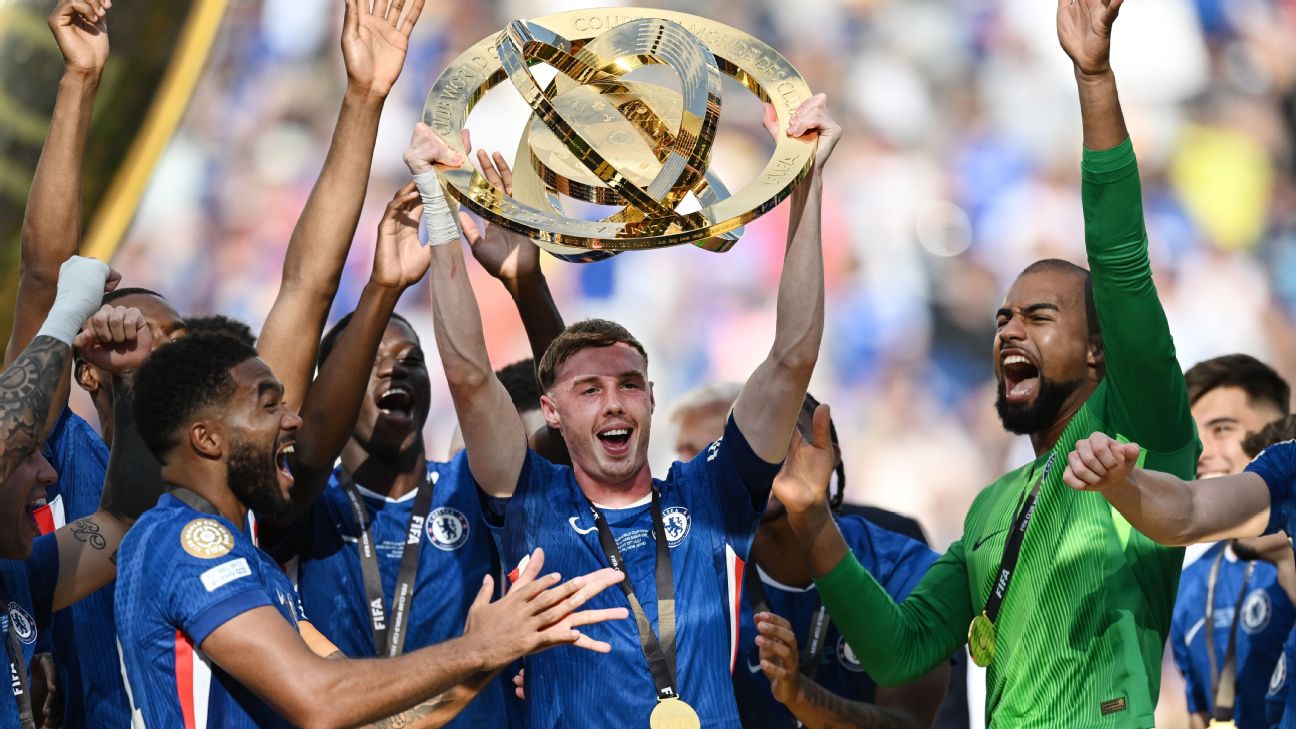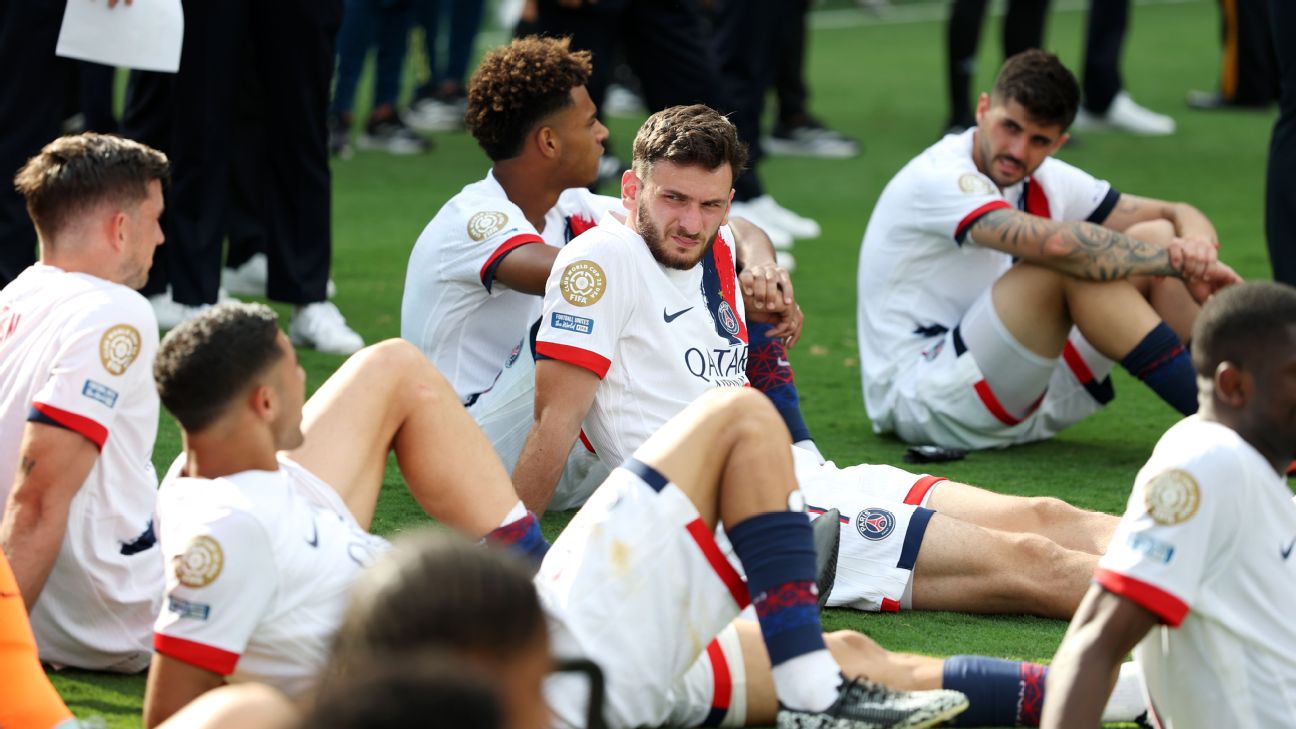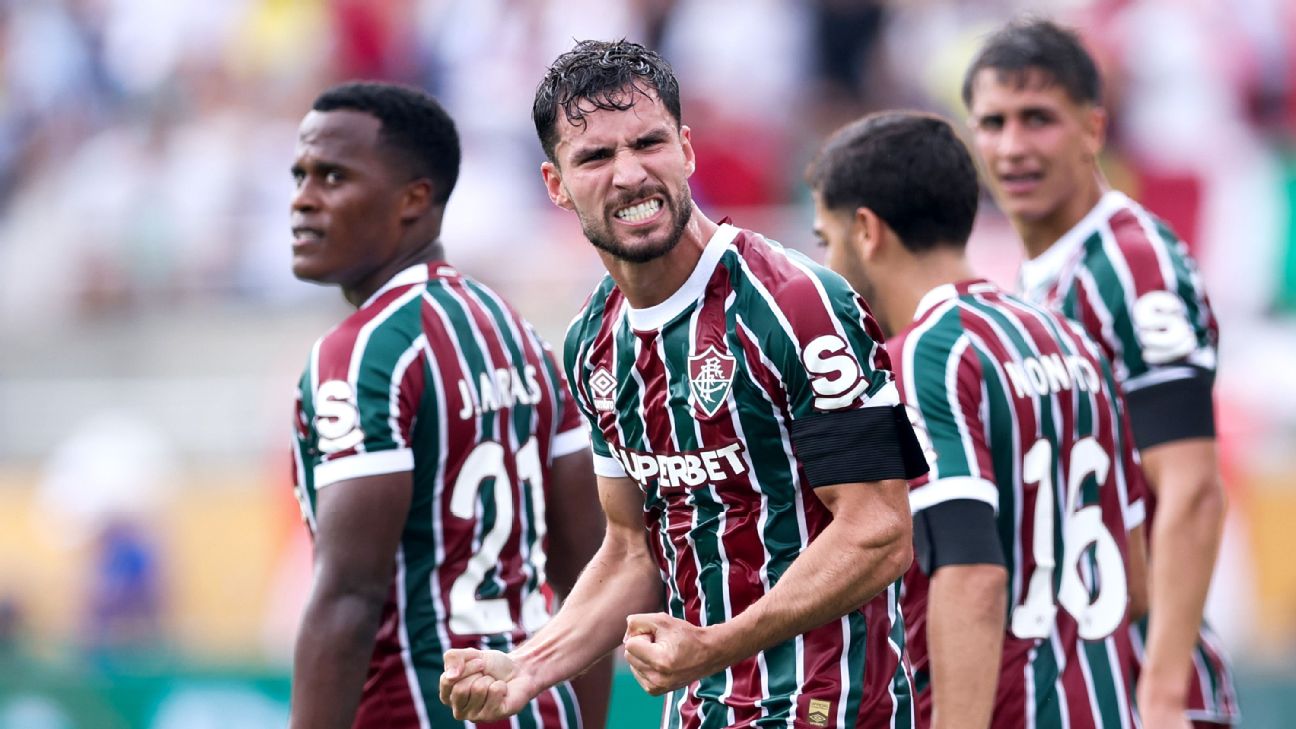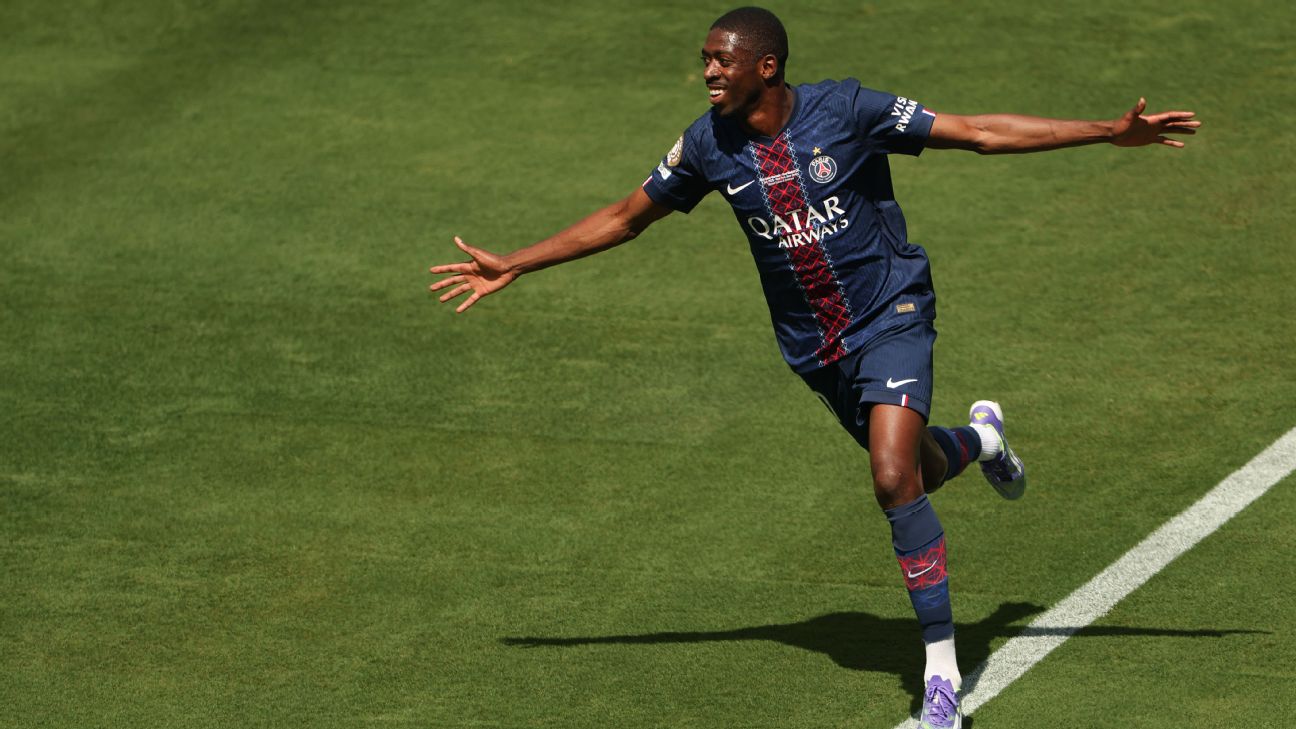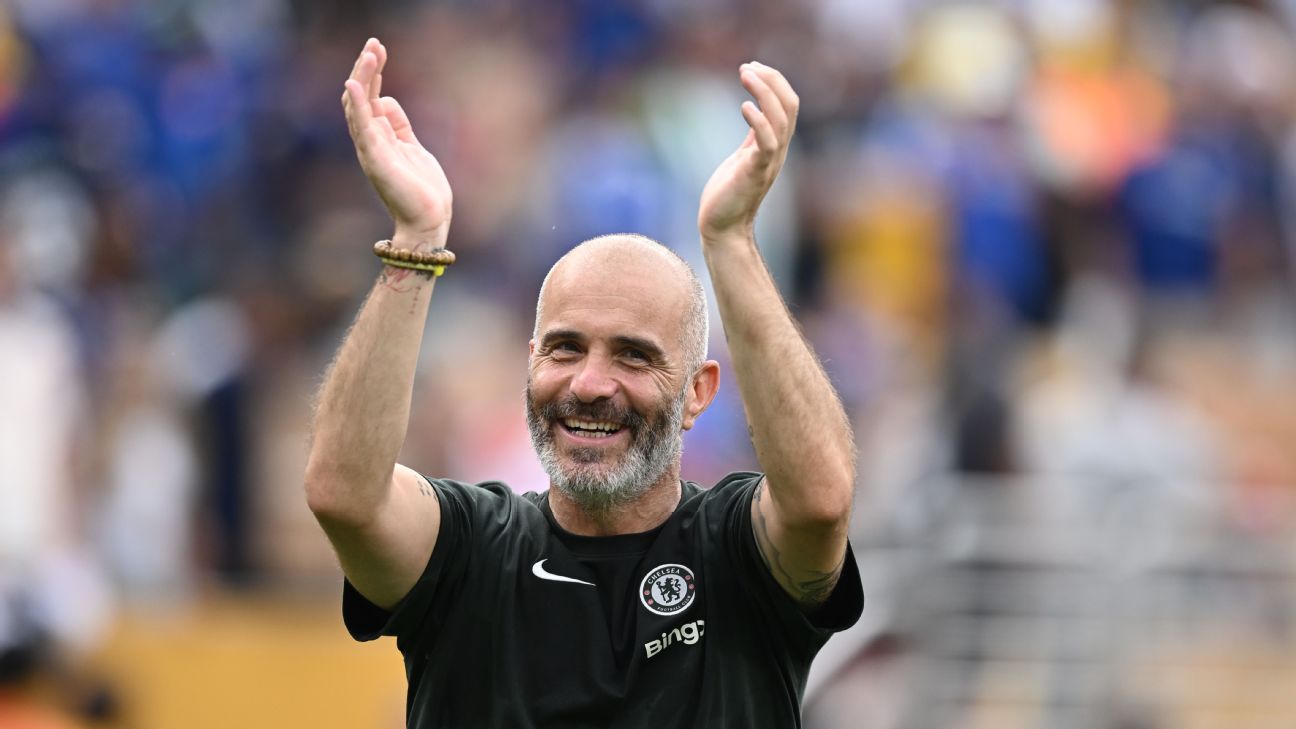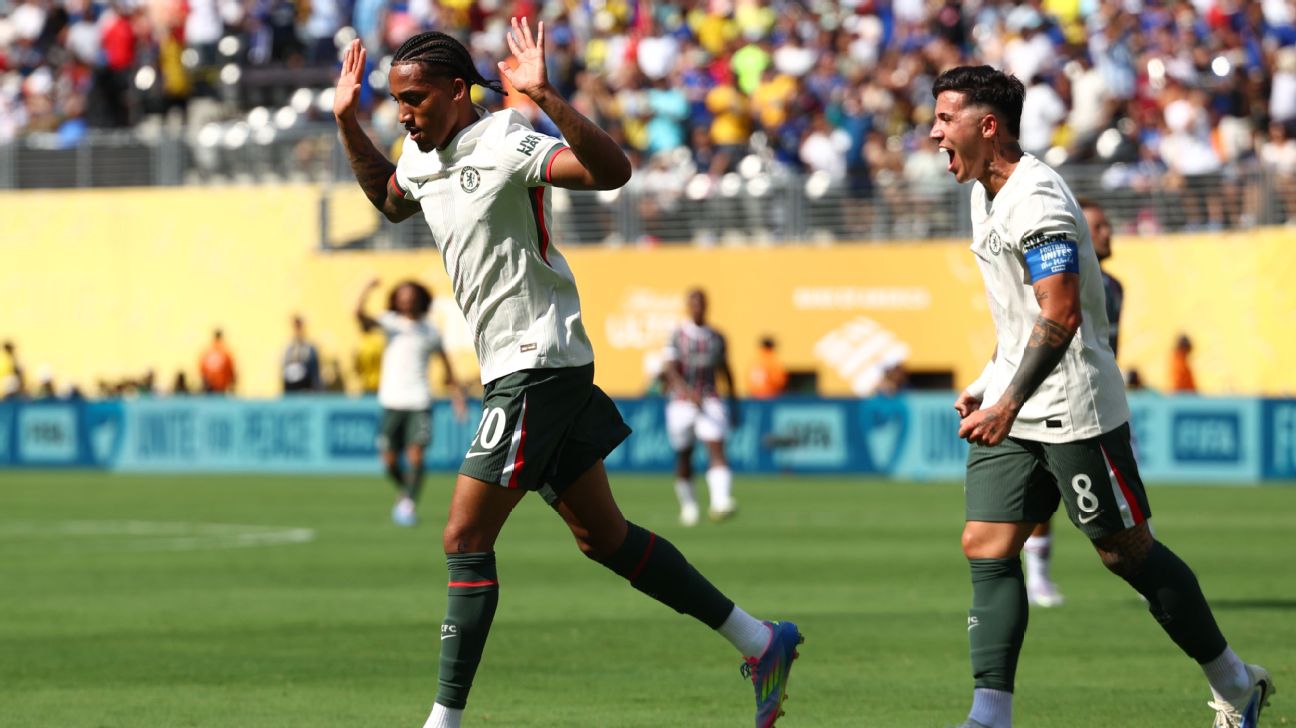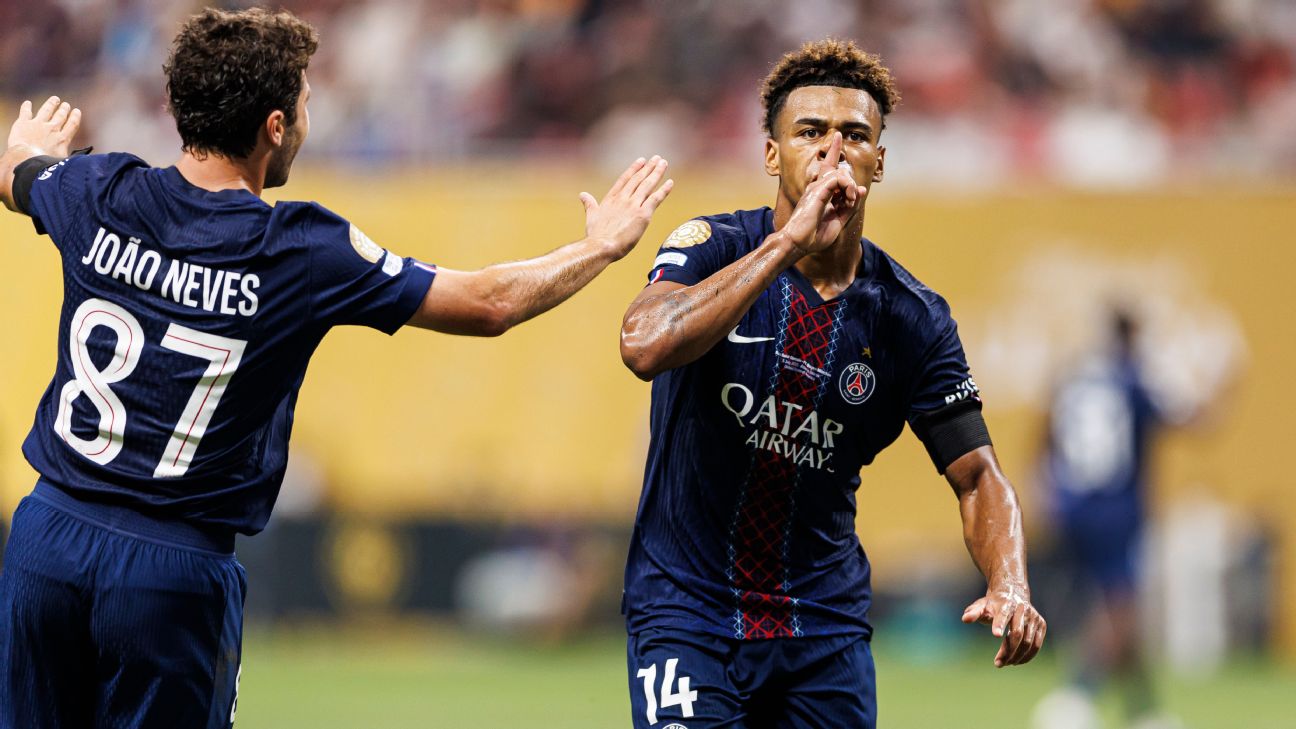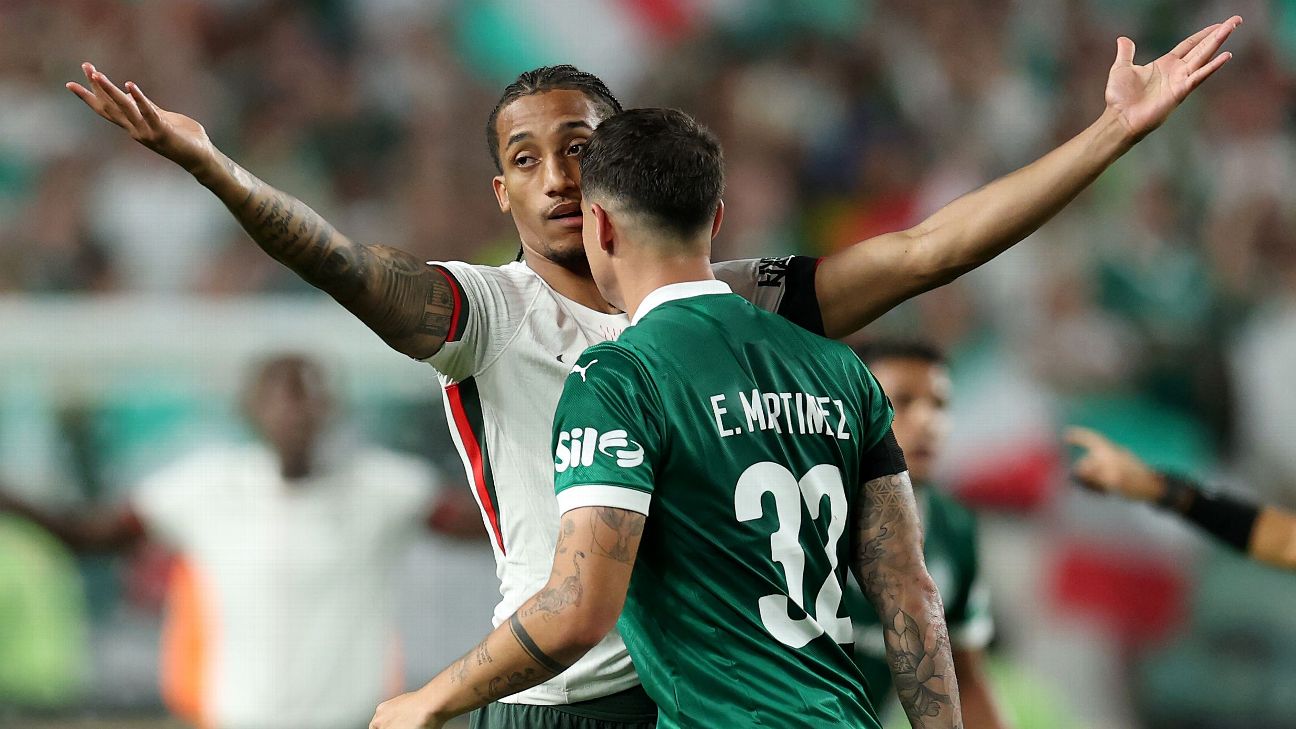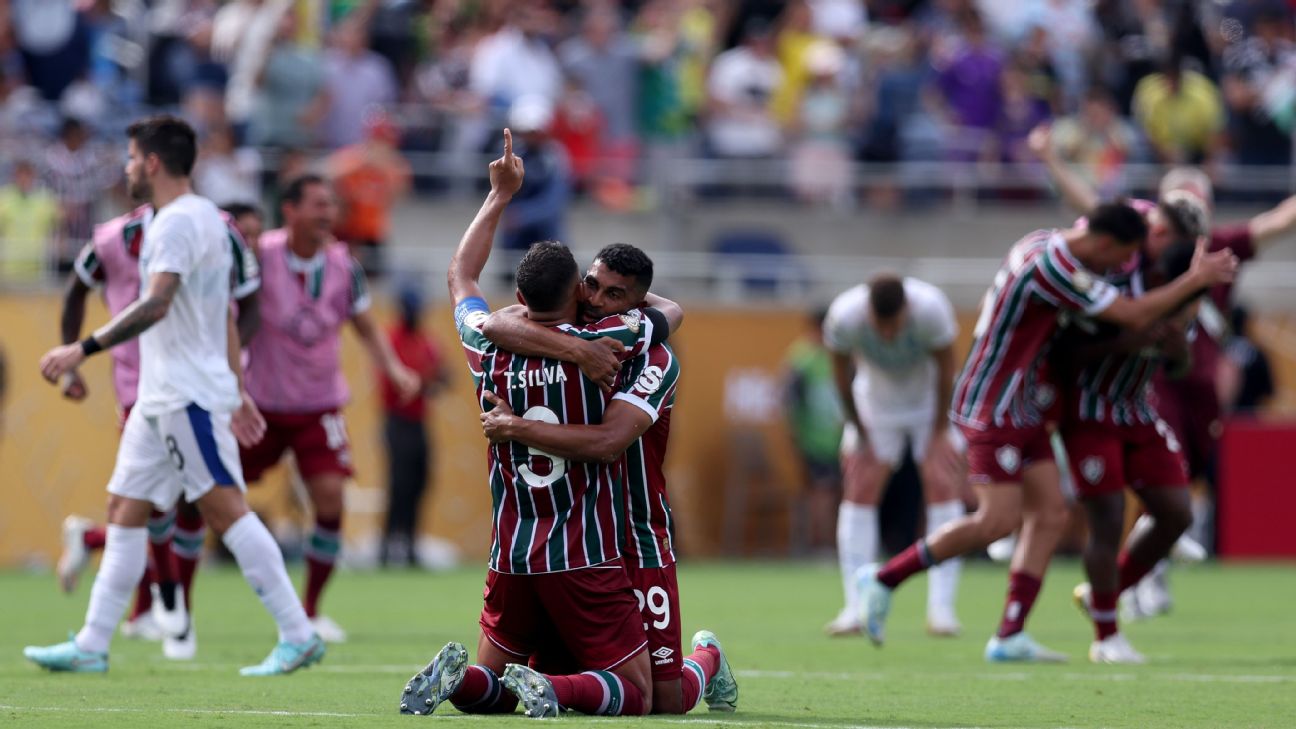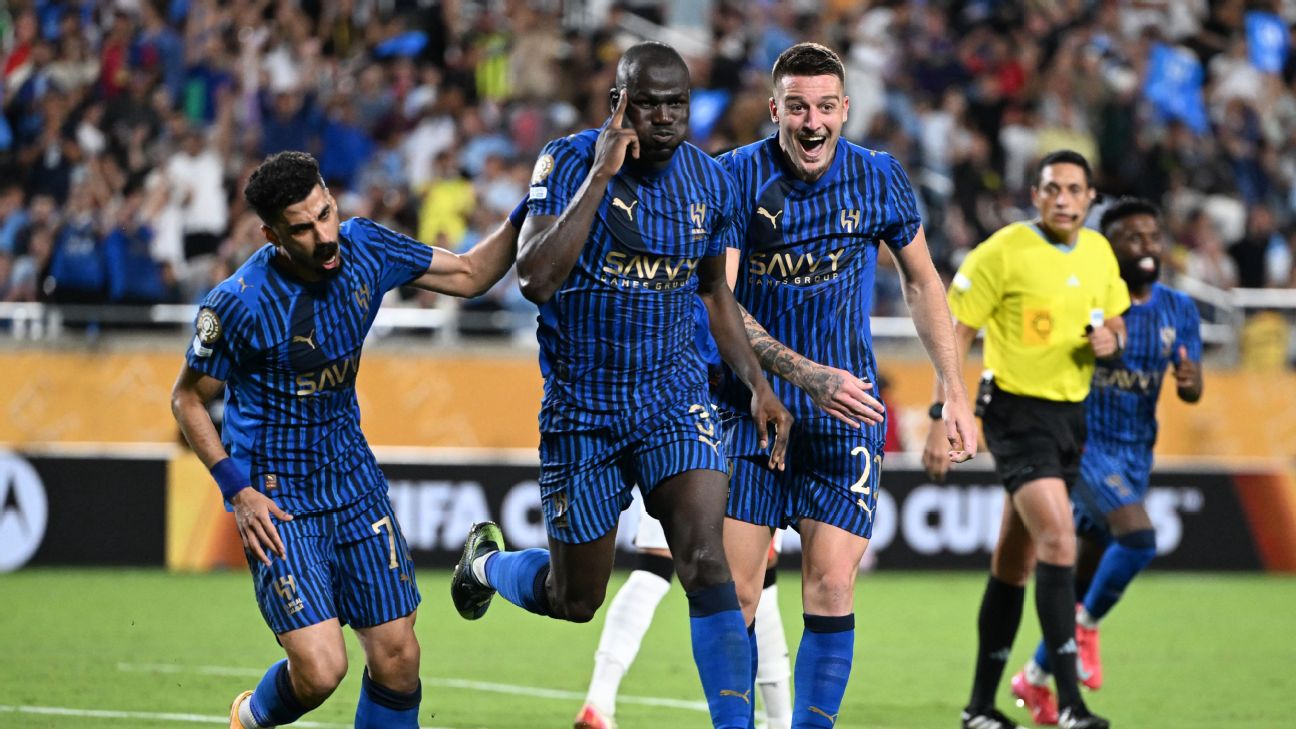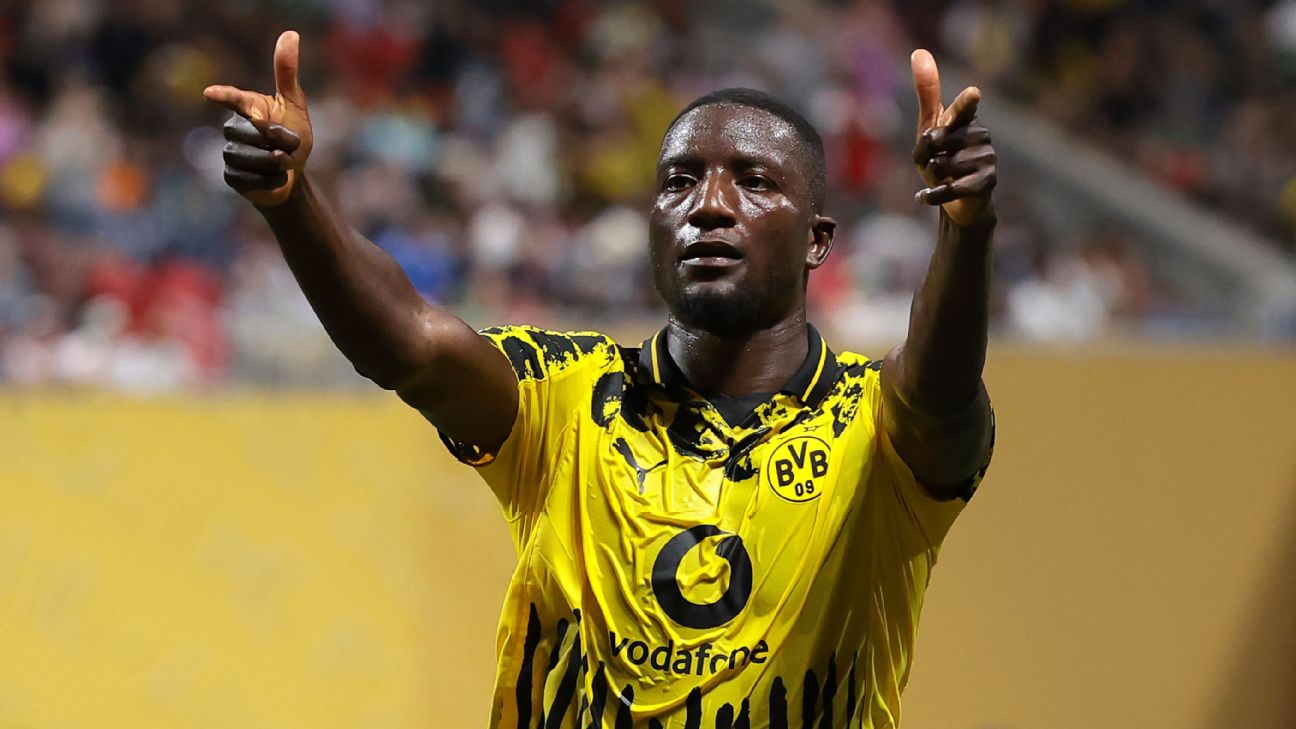South American Clubs Dominate Club World Cup: A Resurgence of Global Football Power
South American clubs are making waves at the Club World Cup, showcasing their passion and reclaiming global relevance in football.
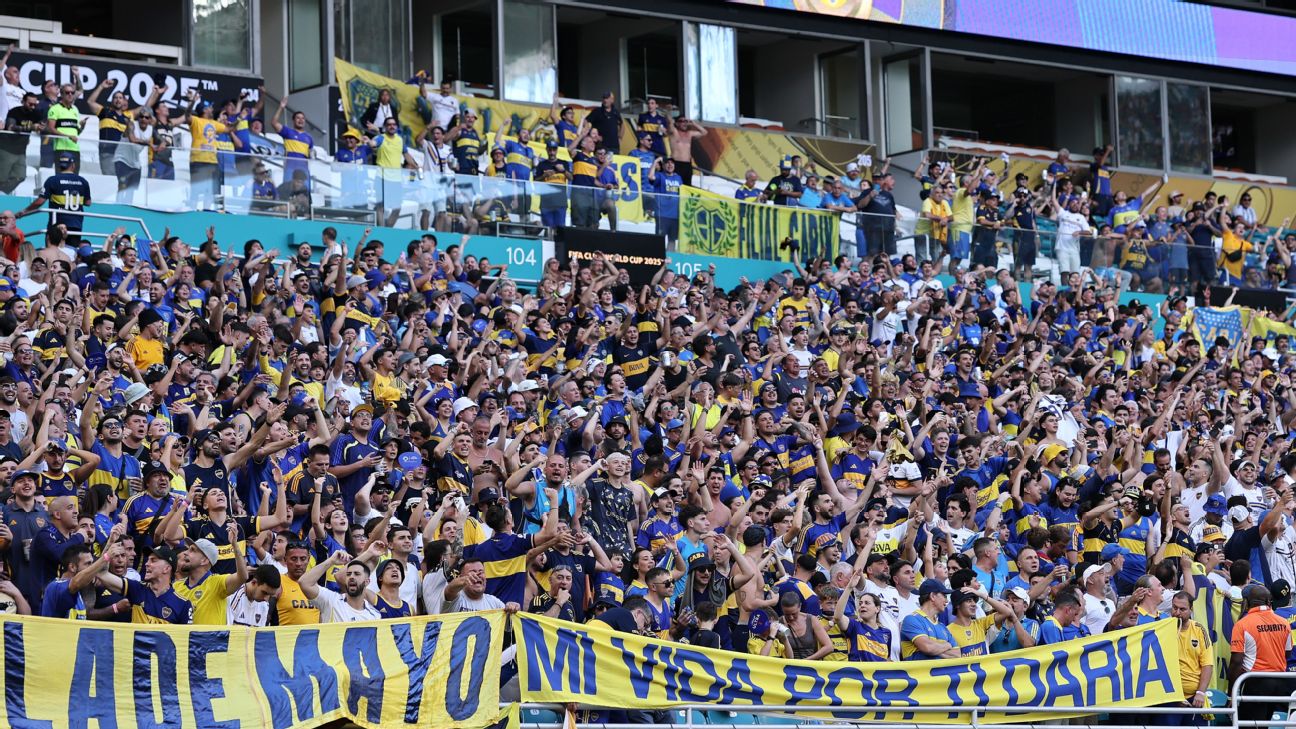
The FIFA Club World Cup has always been a stage for the world's best football clubs to compete, but this year, it’s the South American teams that are stealing the spotlight. With their vibrant fan bases and historic pride, clubs like Boca Juniors, Palmeiras, River Plate, and Flamengo are not just participating—they’re dominating.
The South American Surge
All six CONMEBOL clubs—Boca Juniors, Palmeiras, River Plate, Flamengo, Fluminense, and Botafogo—have started strong, with three wins and three draws in their opening matches. But it’s not just their performance on the pitch that’s turning heads; it’s the energy and passion of their fans that’s making this tournament feel unmistakably South American.
A Legacy of Glory
For South American clubs, the Club World Cup is more than just a tournament; it’s a chance to reclaim past glories. Teams like Palmeiras, Flamengo, and River Plate have a rich history in international competitions. Palmeiras’ 1951 Copa Rio victory, Flamengo’s 1981 Intercontinental Cup win over Liverpool, and River Plate’s 1986 triumph against Steaua București are moments that are etched in football history.
The Fan Factor
South American fans have brought an unparalleled energy to the tournament. From Boca Juniors fans on the beaches of Miami to Palmeiras supporters lighting up Times Square, the passion is palpable. River Plate fans belting out songs in Seattle and Flamengo supporters roaring during player introductions have made the Club World Cup a festival of South American football.
Economic Realities and Future Aspirations
Despite the economic challenges that often see South American clubs transfer their top talent to Europe, these teams are eager to prove their worth on the global stage. The Club World Cup offers not just a chance for glory but also an opportunity to showcase their brand to a global audience, particularly in the United States.
A Tournament of Pride
For South American fans, the Club World Cup is a source of immense pride. It’s a chance to see their teams compete against the best in the world and to celebrate their football heritage. As Renato Silva, a Flamengo fan, put it, 'It’s very special, especially for me. I’m going with three generations—my dad, my son, and me. It’s three generations of being Flamengo.'
The Club World Cup is more than just a tournament for South American clubs and their fans; it’s a celebration of their football legacy and a statement of their continued relevance in the global game.












